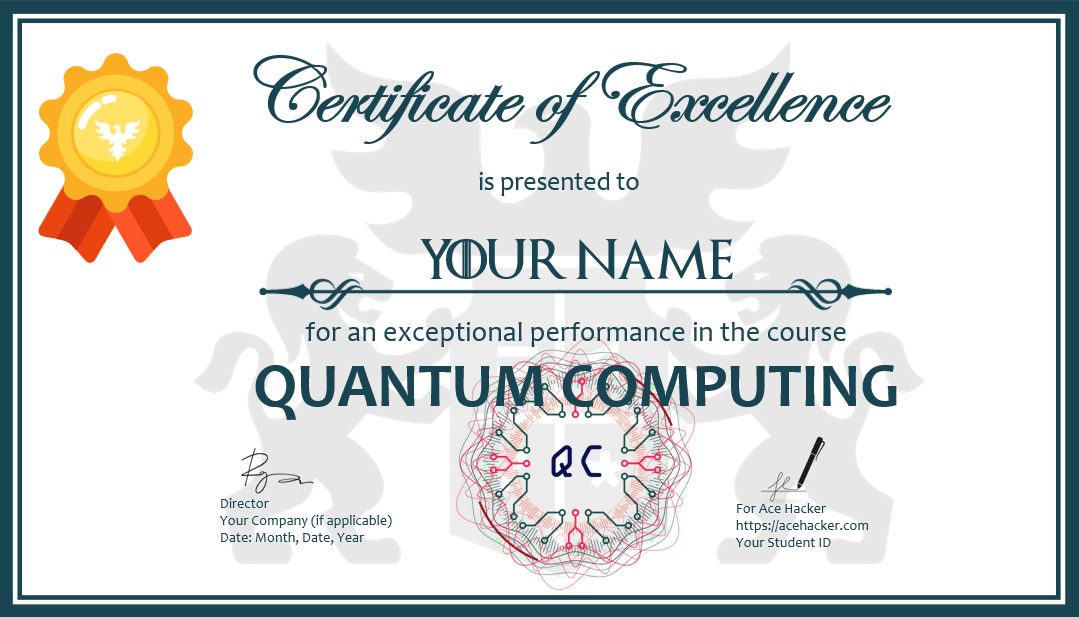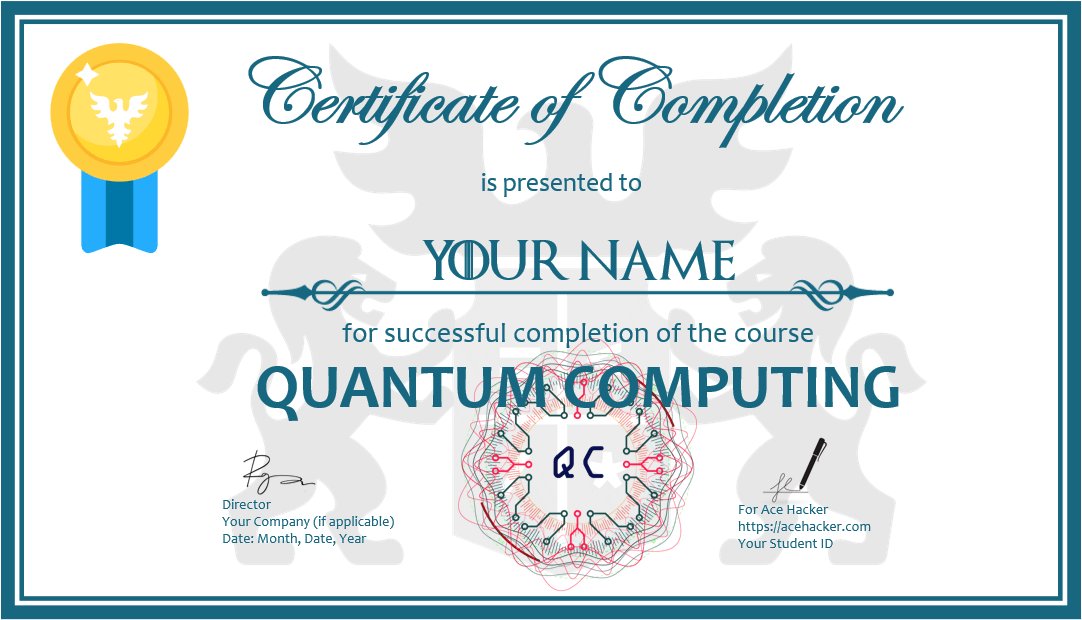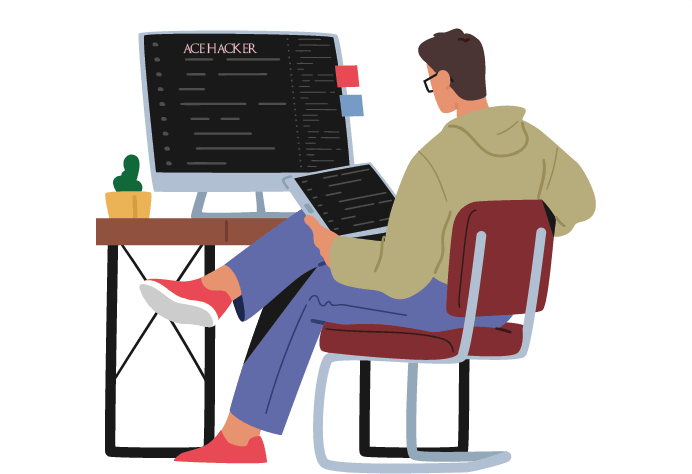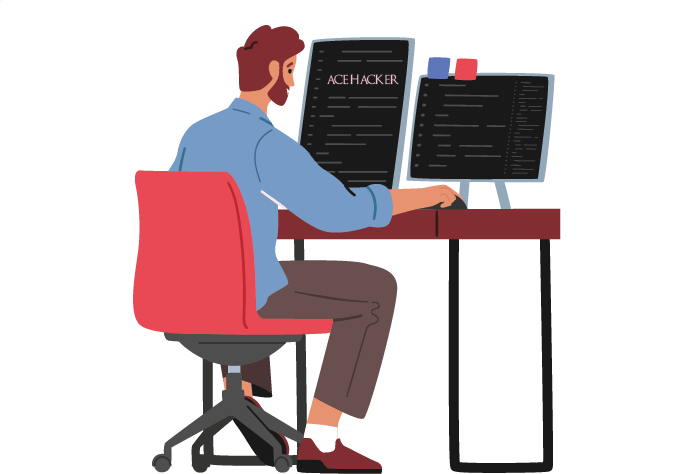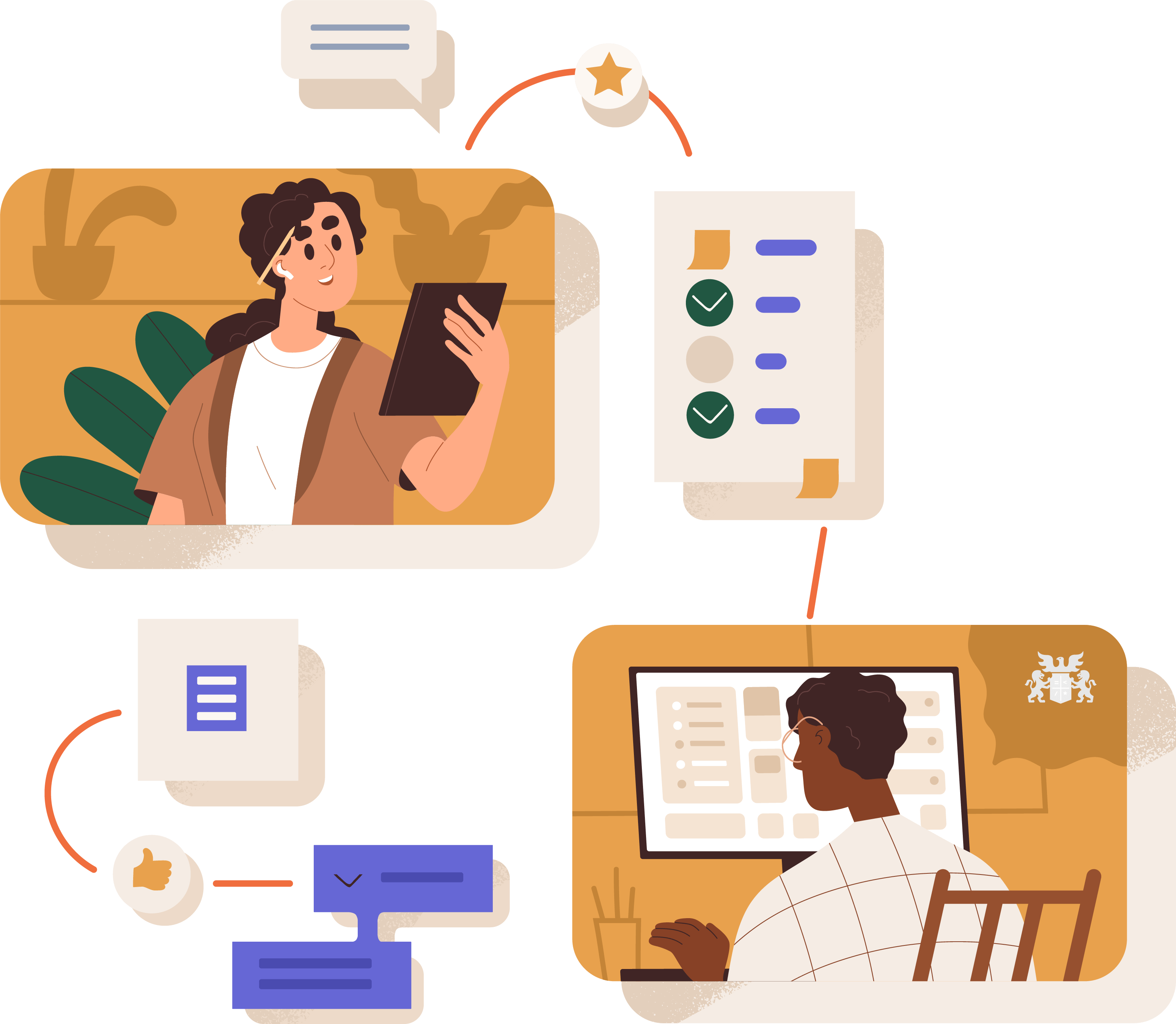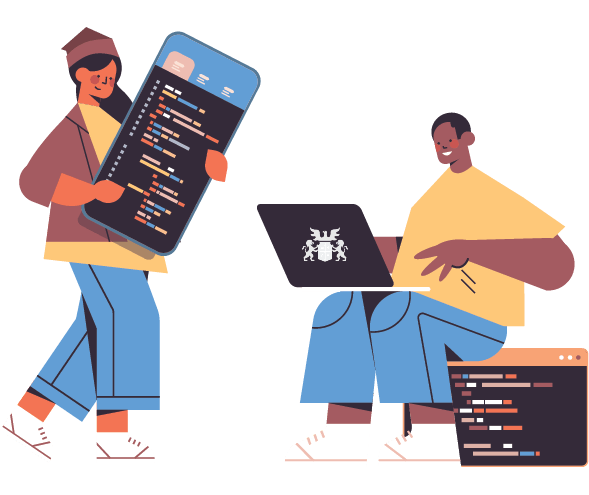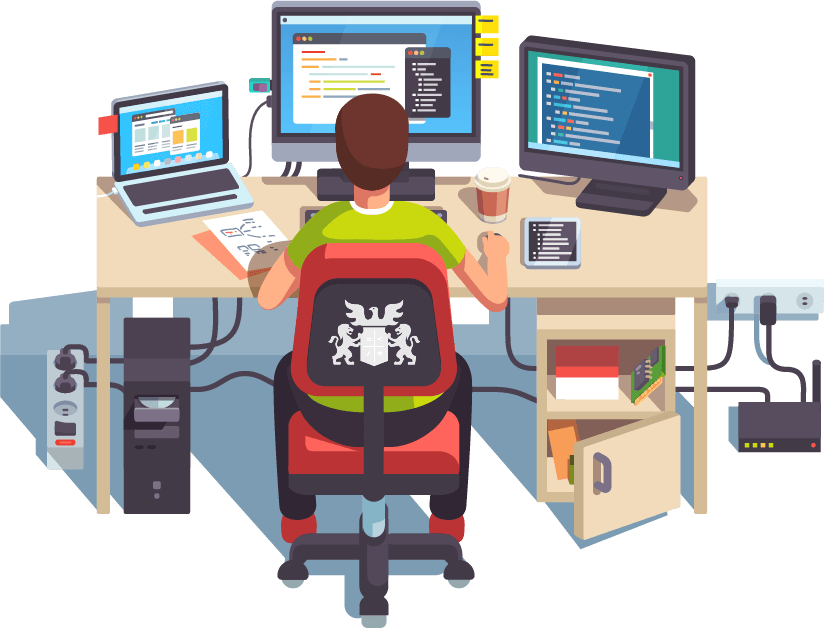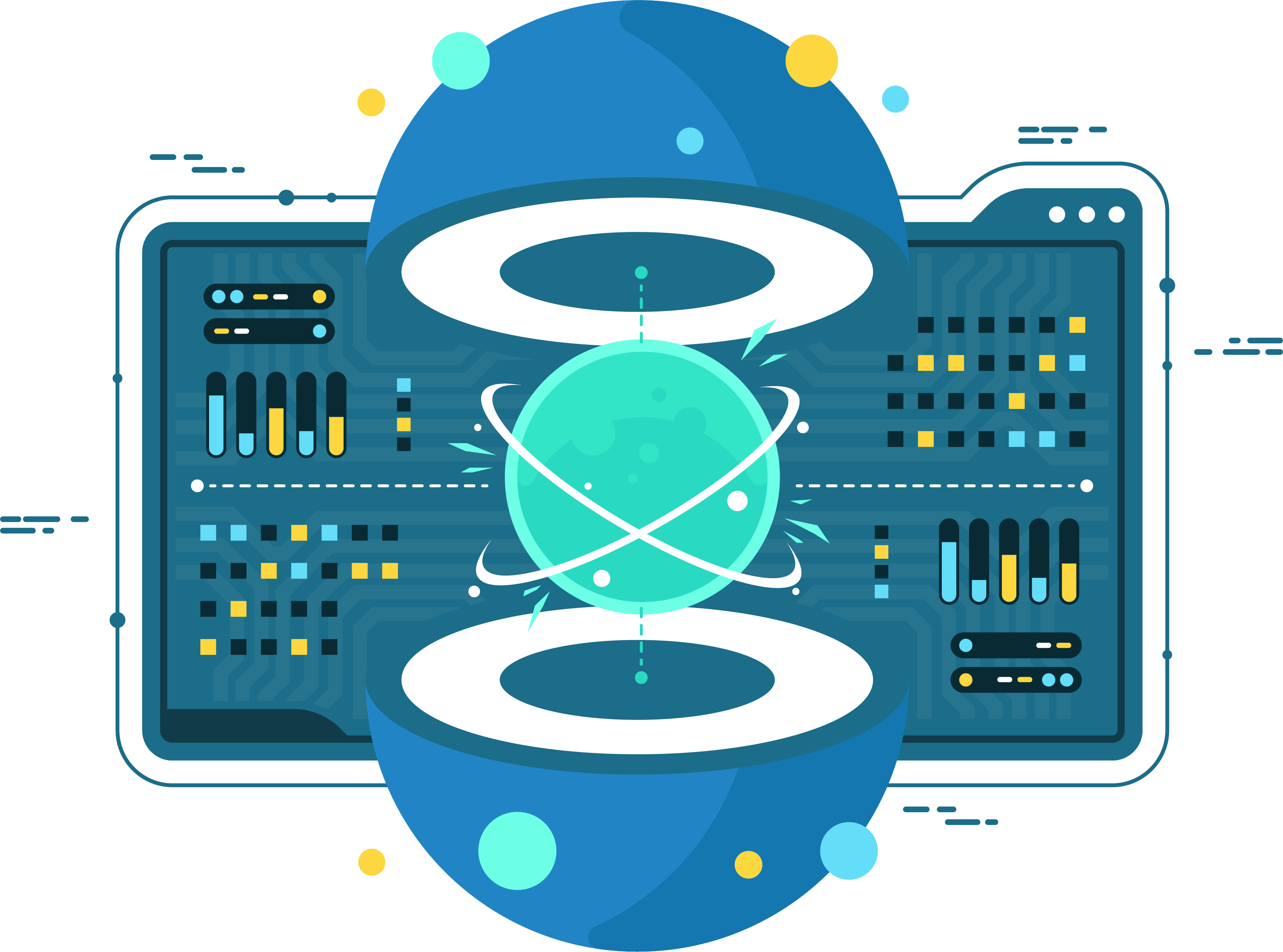
Quantum Computing
Quantum Computing is a rapidly-emerging technology that harnesses the laws of quantum mechanics to solve problems too complex for classical computers.
In this course, Vivek Shangari offers insights in to quantum computing and how to leverage quantum computational principles such as superposition, measurement, and entanglement by running experiments in Quantum Computing on a quantum computing simulator and a real quantum computer via IBM Quantum Experience systems.
Go QuantumLearn Quantum Computing
Ready to get Superpositioned? Join our Quantum Computing Course for an Entangled Experience!
![]()
FUNDAMENTALS OF QUANTUM COMPUTING
No-Code course
-
Learn the theory, principles, and applications of quantum computing without writing computer programs for quantum computers.
-

Ideal for:
Executives, Decision-makers, Researchers, or anyone interested in exploring the possibilities of quantum computing without the need to engage in programming tasks.
-

-

Mon, Tue, Wed, Thu, Fri
-

Duration: 4 weeks
-

06:00 PM - 07:30 PM
India Time(1 hr 30 mins per day)
-
 /
/

Choose Class format
-

Fee, excluding taxes (in INR)
₹ 32,000
+ GST: ₹5,760
Convert to USD -

Next batch begins from:
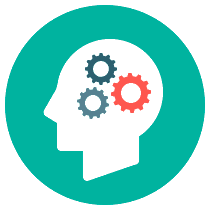
In progress... -

Seat Availability
(Classroom full)
![]() +
+
![]()
PROGRAMMING A QUANTUM COMPUTER
Hands-on course
-
Learn to engage with quantum computing tools & platforms like IBM Quantum Experience, and write your own quantum programs with Quantum Computing.
-

Ideal for:
Software Developers, Researchers, or anyone who want to go beyond theory and learn practical aspects of writing & running quantum programs on quantum computers.
-

-

Mon, Tue, Wed, Thu, Fri
-

Duration: 8 weeks
-

06:00 PM - 07:30 PM
India Time(1 hr 30 mins per day)
-
 /
/

Choose Class format
-

Fee, excluding taxes (in INR)
₹ 60,000
+ GST: ₹10,800
Convert to USD -

Next batch begins from:

In progress... -

Seat Availability
(Classroom full)



